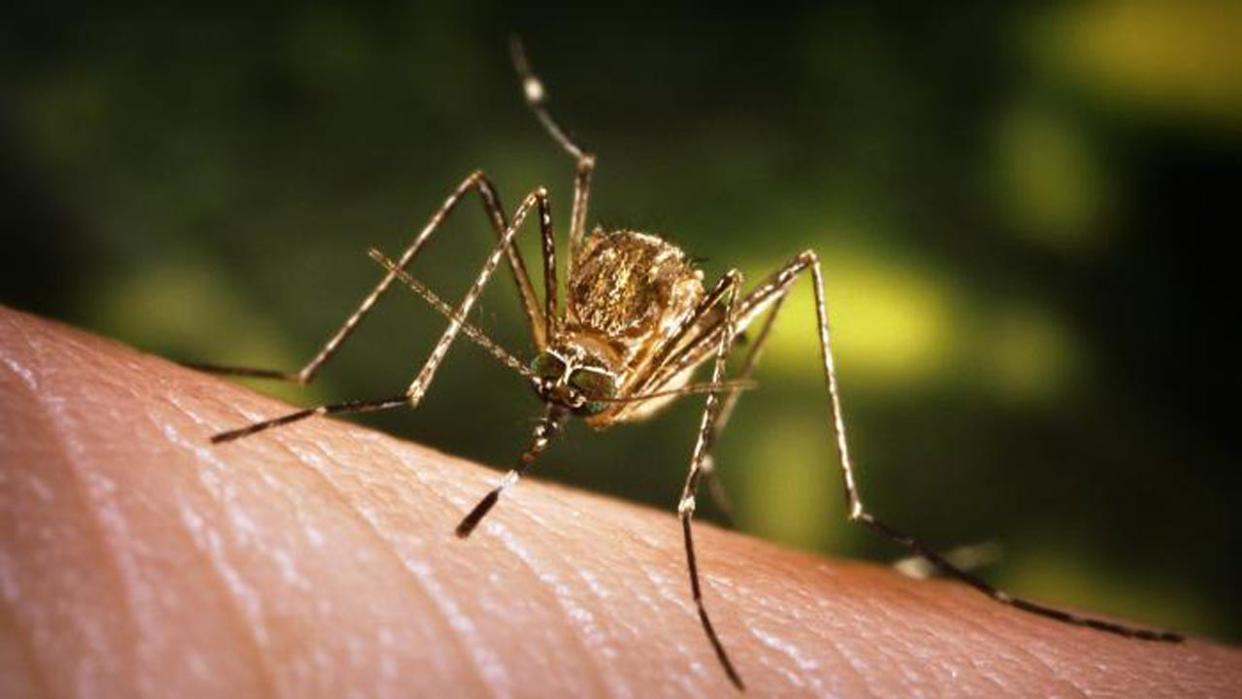Travis County officials confirm local case of West Nile virus

Austin Public Health officials have confirmed the first case of West Nile virus in a human in Travis County this year.
West Nile is spread to humans through mosquitos. The public health department's disease surveillance unit has found six mosquito pools with West Nile since July. The pools were found in ZIP codes 78759, 78754, 78723, 78721, 78704 and 78744.
West Nile virus is often thought of as a summer disease, but mosquitoes are present throughout the year, though they are most active in May through November.
“Warm, wet weather is prolonging the mosquito season, and we should take steps to prevent getting mosquito bites when around standing water,” said Austin-Travis County Health Authority Dr. Desmar Walkes.
Williamson County has detected four mosquito pools with West Nile this year. It has had no human cases. The other surrounding counties have not reported any West Nile cases.
This year has not been as bad as last year. In 2021, the Austin Public Health unit found eight mosquito pools in Travis County that tested positive for the virus, and there were three cases in humans in Travis County.
Learn more:Austin Public Health finds West Nile virus in Travis County mosquitoes
How is West Nile virus spread?
Unlike monkeypox, which is spread by close contact, and COVID-19, which is spread by respiratory droplets, West Nile virus is spread by an infected mosquito delivering it to a human through a bite. There are rare cases of it being spread through a blood transfusion or organ transplant, or in a laboratory setting, or to a fetus or baby from the mother during a pregnancy or by breastfeeding.
It is not spread by human-to-human contact or by touching live or dead animals. Generally, an infected mosquito must bite you to cause a case of West Nile virus.
Safety: How to avoid mosquito, ant bites, bee stings and how to treat them when they happen
How can you prevent West Nile?
Take mosquito precautions. The mosquito that spreads West Nile is most active between dusk and dawn. During that time, make sure any open windows have screens on them if you are inside. If you do go outside, wear light-colored, loose-fitting pants and long sleeves that cover the body. There is mosquito-resistant clothing available.
Use insect repellent containing DEET. Spray both your exposed skin and your clothing.
Mosquitoes like to breed in water. Get rid of any standing water around your house. That includes in flower pots, clogged gutters, birdbaths, old tires, etc. Improve the soil drainage around your home if you have areas of your yard that collect water.
Prevention: Feeling itchy? Five things to do to make things better during mosquito season
What are the symptoms of West Nile virus?
About 80% of people who contract West Nile virus have no symptoms. Their cases typically aren't recorded because they don't know they have it.
Most people who do develop symptoms have fever, headache, joint pain, body aches, swollen lymph glands, vomiting, diarrhea or rash. A blood test or a spinal fluid sample can confirm the cause.
About 1 in 150 people with West Nile virus get a severe illness, which affects their central nervous system and could develop inflammation of the brain or membranes surrounding the brain or spinal cord. Those people have symptoms such as a severe headache, stiff neck, tremors, convulsions, coma, muscle weakness, vision loss, numbness or paralysis.
People who are 60 or older at most risk for severe illness as well as people who have underlying medical conditions such as cancer, diabetes, high blood pressure, kidney disease or have had an organ transplant.
People with a severe case of the illness can take weeks or months to recover, and there can be permanent damage to the central nervous system.
About 10% of the people who have West Nile virus that affects the central nervous system die.
How is it treated?
There is no vaccine for West Nile virus. Most people can use over-the-counter medications. In severe cases, hospitalization to help with fluids and managing pain is needed.
This article originally appeared on Austin American-Statesman: First 2022 Austin West Nile virus case confirmed by officials

